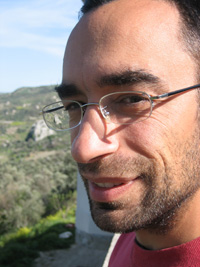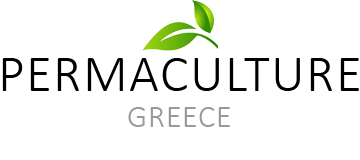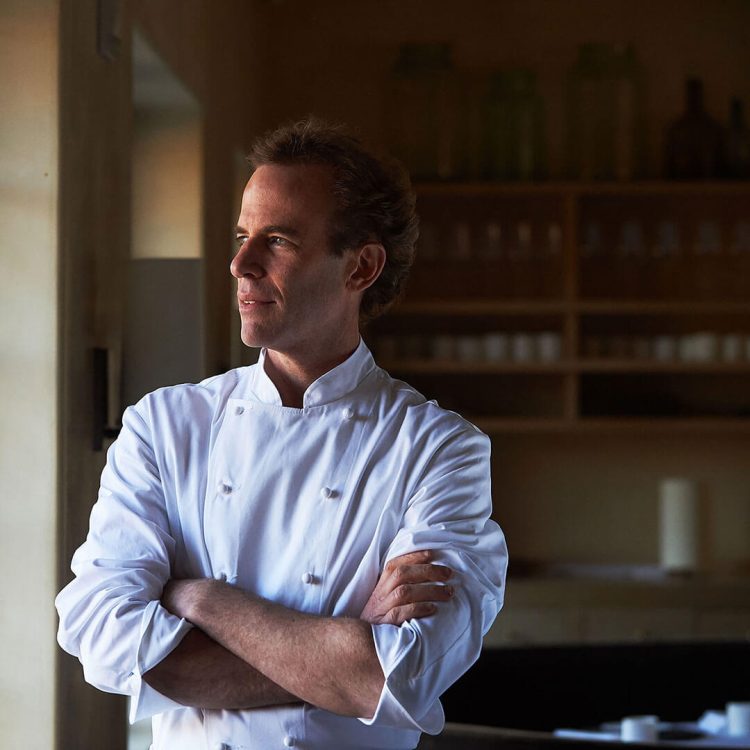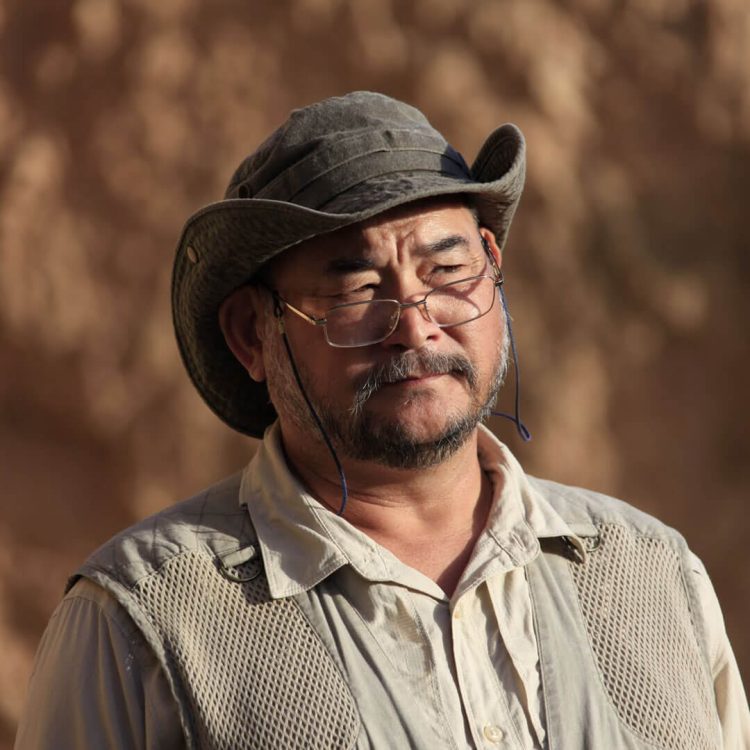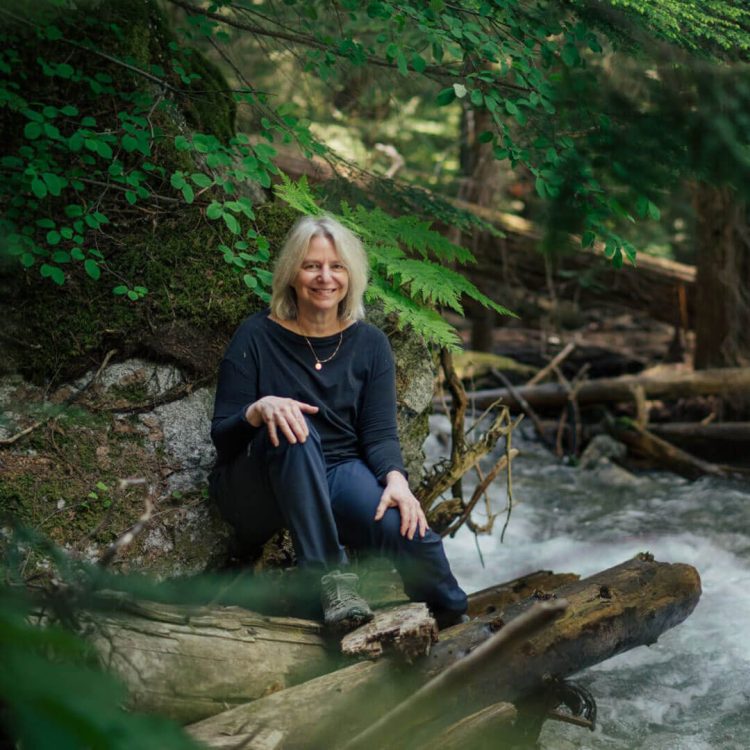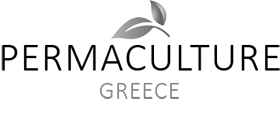Greece is in a vortex of an unprecedented crisis. A crisis that was arbitrarily named “financial” in the beginning, while at the same time the term “real economy” was coined, which only indicates that until then the economy was somewhat un-real.
And we are told that the way to overcome this crisis is to return to growth. But the arising question, in which we should seek the real causes of the crisis, is just that:
How much growth can a planet sustain?
Do not rush to judge this challenge as overly ecological. It is highly economical. We base our economy and our structures on perpetual development. But the only one who can assure that there is a garden able to produce more and more each year and for ever is the same who has discovered the goose with the golden eggs. In fact, financial crises are the result of separation between ecology and economy. This separation works in favour of uncontroled personal enrichment as humanity turns a blind eye to the finite natural resources. Even if we could bring raw materials from the moon, their use would destroy nature.
It is astonishing that everyone identifies the beginning of the crisis in the mortgage crisis in America, while oil price had rocketed to unprecedented levels in only one year. The price rise would stop only with a recession. One could conclude that we are running out of oil, this is why its price soared. But is that so? We may have run out of oil at the price of 35 dollars per barrel, but at a double price there are sufficient reserves to be mined as well as to generate profit. So why the skyrocketing to 150 dollars?
There are two main reasons:
- It’s not only the oil. Natural resources as a whole are no longer able to feed global growth. In short, the garden reached its limits. It cannot produce more and more and keep everyone happy. When some countries develop (see China, India etc), others will be in recession (Western World).
- Oil is our main source of energy but also has countless other applications, replacing other natural resources at the same time. When the offer of natural resources was lower than their demand, the prices of raw materials increased enough to cause a recession, so that demand was reduced and the system was back in balance. Oil did the “dirty” work, as usual.
Why then the “financial” crisis?
Before the mortgage bubble burst in America, many companies saw their profits fall dangerously because prices of raw materials increased due to increased demand from Asian markets. Many even recorded a loss. So they were forced to make layoffs. What brought growth in the West over the last decade was mainly credit expansion. The American financial system has distributed all kinds of loans to households, and as a result the demand for housing soared and so did property prices. Many workers who lost their jobs had borrowed to buy a house and they could no longer meet their obligations. The demand in the property market fell while offer increased. Real estate prices collapsed. The bubble burst.
To talk of “financial” crisis is like watching the petrol gauge in the car be on the red, the car not moving any more and saying that the problem lies in the gauge. The financial system is like economy’s control panel. It is not a matter of good or bad handling if there is not enough gasoline.
For this very reason, the problems the world is facing today are not a matter of leadership but of our way of life. Whatever the leaders do cannot bear results. The injections of cash into an economy that ran out of fuel is just like giving money to oil companies and oil producing countries, aggravating the fiscal problem, since what happens is that the oil price increases. Even if we assume that the West will get back on the path of growth, it will soon sink again into a new recession through oil price increase.
-
The problem of the economy is the problem of the ecology. Only a few years ago, ecology and economy were not separated. Recycling was a fundamental economic rule for the survival of a household and not just an optional extra effort. It was human greed that discovered the goose with the golden eggs. The sacrifice of ecology in favour of growth caused demand to increase and sparked production and all economic activity. Nature started to get seriously harmed and the planet got trashed with garbage that is in fact nothing more than dead natural resources destined for later use by future generations.
-
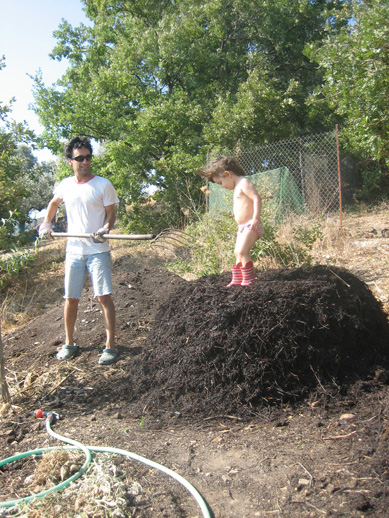
But the crisis is here and if we do not wish to see the whole social structure collapse, we should swiftly move from a wasteful way of life to a truly economical one. Since the issues we have with ecology and economy coincide, so do respective solutions. But we must go much further than using alternative forms of energy, since the problem lies not only on energy resources but on all natural resources. Economy of resources, among other things, means that instead of traveling by car on our own, we must use public transportation. It also means that we should practice healthy eating, reduce meat consumption, thus restoring immense areas of arable land and saving billions of euros in medical expenses; it means to buy agricultural products locally and prefer organic; to give maximum emphasis on recycling, renewable energy, on reducing consumption of energy and of other natural resources, on organic farming, on bioclimatic architecture, on natural healing but above all on cooperation; we have to stop talking about increasing “competitiveness” and start talking about collaboration. It may well be that Greeks are the most competitive nation in Europe. The financial impasse we are facing is partly product of this competitiveness.
The effort to reduce the public sector should certainly be pursued further, but not in the direction of selling off state enterprises such as Railways or Electricity, which can play a major role in this transition, but rather in the direction of reducing the number of civil servants as well as of investing on new technologies (IT, Internet) in order to avoid the collapse of public services and the welfare state. Advanced education institutions can have a significant contribution in this effort. Our universities should introduce theory and practice rooted in the culture of the East as well as ancient Greece, making a dfference from Western universities. In this critical period, instead of struggling to follow others, we had better find our own identity and be leaders in an endeavour to bridge east and west.
The above are just a few examples of what we can do and, in any way, of what we will be forced to do in the near future. However, these measures could not (and probably should not) be imposed from top down. We should become fully aware of the problem and its scope as soon as possible, and, as an authentic “Republic”, a civil society, take matters into our own hands through a mass consumer movement.
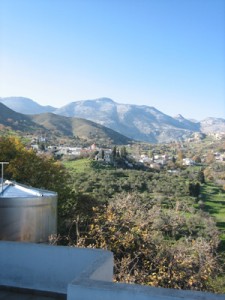 We can easily grasp that in an era of globalization, the few are actually in charge and the regime of planet Earth, if seen as a single political entity, is currently an oligarchy. Nevertheless, the masses have more power than ever, through their consumer choices. When we realize how much power we have as consumers, we can change the world. The aim is to do so before we end up totally drained and powerless financially by favouring cheap products produced by a few multinational companies, that get all the benefit together with the emerging markets, at the moment. Choosing the cheapest rather than the socially and ecologically beneficial, we may pay only a fraction of the price but the rest we pay either as public debt or as degradation of our natural environment and so we compromise our own economic future and the future of our children. If we do want to face reality, it is not difficult to see that through our consumer choices, we ourselves feed the burgeoning of what we might call a faceless private capital, which has long been attacking our country. What happens here seems to be a precedent of what might follow elsewhere in Europe. We must not allow Greece to become the scapegoat of the financial bubble the Western lifestyle has created.
We can easily grasp that in an era of globalization, the few are actually in charge and the regime of planet Earth, if seen as a single political entity, is currently an oligarchy. Nevertheless, the masses have more power than ever, through their consumer choices. When we realize how much power we have as consumers, we can change the world. The aim is to do so before we end up totally drained and powerless financially by favouring cheap products produced by a few multinational companies, that get all the benefit together with the emerging markets, at the moment. Choosing the cheapest rather than the socially and ecologically beneficial, we may pay only a fraction of the price but the rest we pay either as public debt or as degradation of our natural environment and so we compromise our own economic future and the future of our children. If we do want to face reality, it is not difficult to see that through our consumer choices, we ourselves feed the burgeoning of what we might call a faceless private capital, which has long been attacking our country. What happens here seems to be a precedent of what might follow elsewhere in Europe. We must not allow Greece to become the scapegoat of the financial bubble the Western lifestyle has created.
Since the beginning of our long history we have proved that whenever we operate as a group, we can create miracles. But we must act now. It is our children’s future that we are talking about… There is no time. The future is now.
-
Nikos Tzokas has studied Business Administration at the University of Piraeus. He is now living in the island of Crete, Greece, with his family. They are currently adapting permaculture and regenerative agriculture to manage 3 hectars of land, including a small distillery.
-
